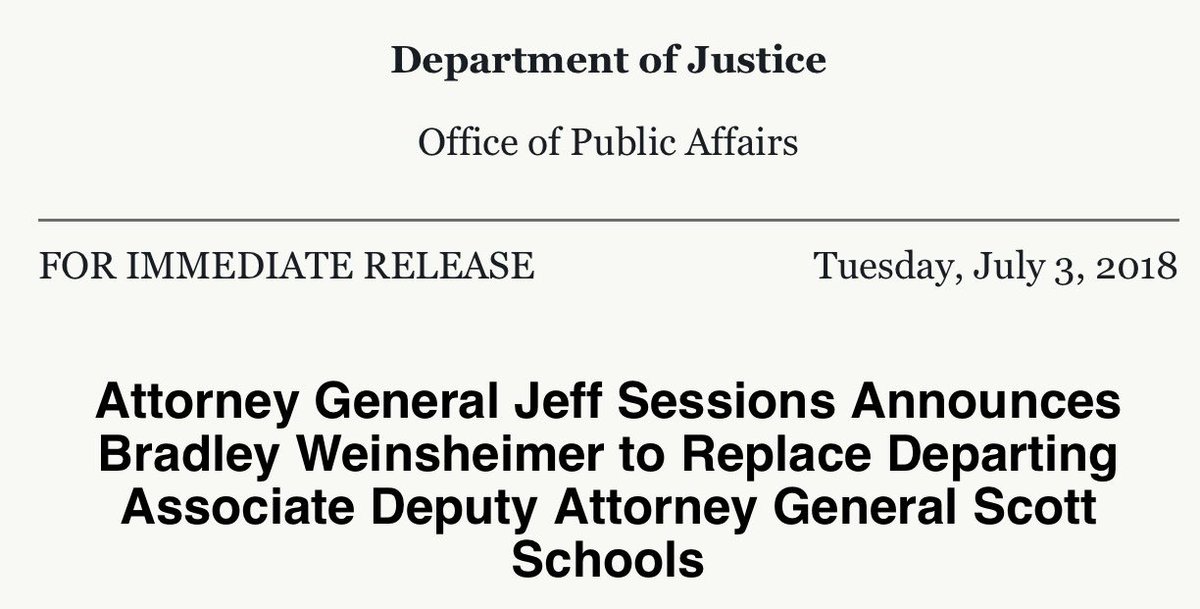Tonight is just a study session, which are usually no big deal. But some hot topics tonight, including long-term budget needs and a muni update. Also: Fire dept. master plan.
As we know, there are millions in unfunded needs in the city. boulderbeat.news/2019/04/11/cit…
We'll be discussing that more tonight.
More to come later. I was working on a story but didn't have time to finish. This job keeps me so busy!
"Without any other identified funding sources" we'll have reductions.
We want to get it right, Doelling says, and not rush it.
A bit Dif from the city's revenue reports and what I reported; I'll follow up and find out why. boulderbeat.news/2019/11/30/sho…
Patelli: Open space bonds mature in 2034
Brautigam: We're going to be talking about that rebate program next week. You can propose policy changes then.
Doelling: $300M+ "It's not overstated, in my opinion."
Yates: That could be re-upped by voters, right?
Doelling: Yes, we're looking at expiring taxes, new taxes, etc. Everything we can to find revenue we need.
That will leave time for the district to go to the ballots.
Doelling confirms that is the intent of the new approach.
But there would probably be more if I was doing better coverage. So that's at least 50% on me.
That's RE: The county taxes for housing and transportation. Likely to be a combo the county is polling for.
State legislators are looking at gas fees or fees on transportation co like Uber and Lyft and some road user fees.
Hagelin: It's both.
Friend: If it's the city, we need to be using the equity lens.
"Something to keep in mind when we're doing budget stuff is that we're not isolated from the whole word in every way."
+95% funded by the general fund
(Emergency medical services)
23% were fire related
You'll remember this from council discussion in 2018: dailycamera.com/2018/08/28/wit…
Bc fire dept contracts that out, both the fire dept (basic EMT) and the ALS provider (contractor) respond to nearly every call. So lots of doubling up on resources.
13 total response vehicles in the city under that scenario.
Calderazzo: Yes.
Calderazzo: The sites don't work due to setbacks, height limit. We could look at maybe purchasing properties next to them, but existing footprints don't work.
Calderazzo: Yes, or whatever repurposing council wants.
Calderazzo: "$9M, and we just spent that for the land. It definitely blew the budget, trying to get the land itself, which is why we went really high on these."
Calderazzo: We have those numbers, how much AMR bills and what the consultant says we might get.
Calderazzo: Most of them are doing what we're calling the vision version of this plan, but I don't know what their outcomes are or anything.
Calderazzo: Absolutely. "It isn't an overnight, put everything in service. It's def a gradual plan that at the very least takes a 3-5 year training up."
It's something for the community to decide, he says. "If it becomes cost prohibitive, that's the kind of thing maybe we don't need."
But those spaces can also be used to train firefighters, so it's a duplicate use.
Weaver: "I think this is what our residents do expect." We should talk to them and ask if they'd be willing to pay more in sales tax to get an upgraded service.











